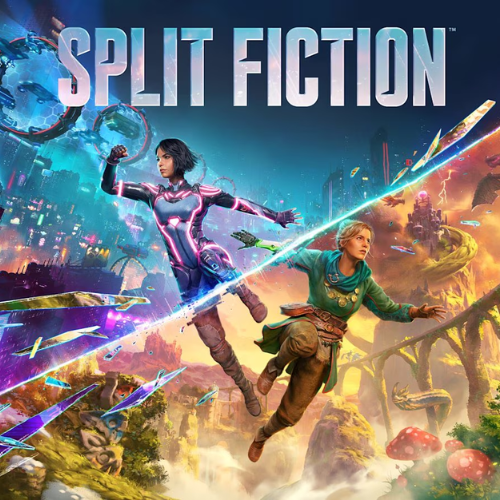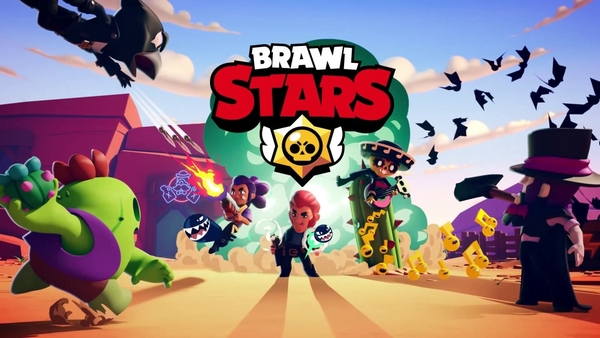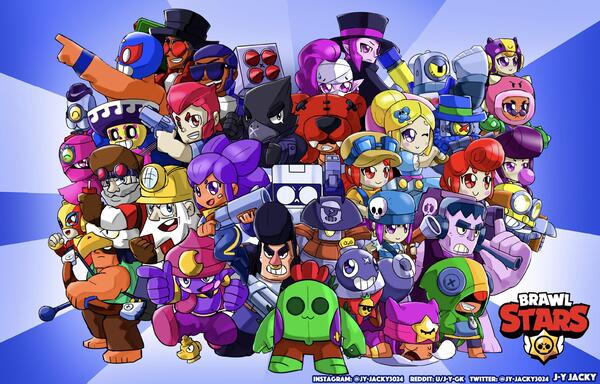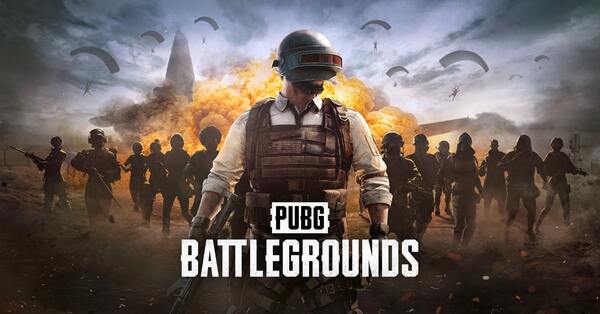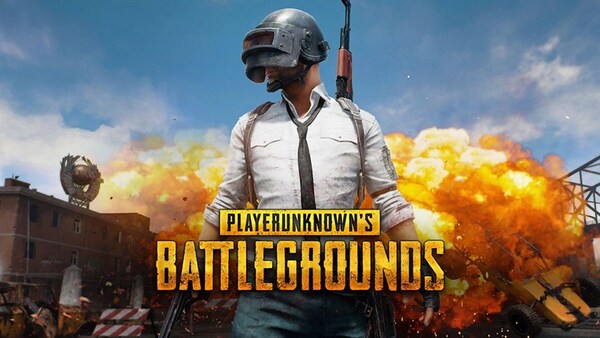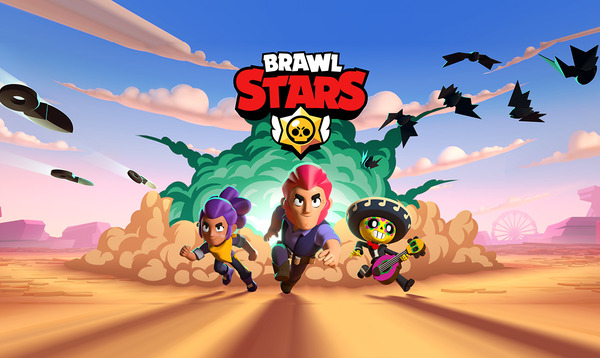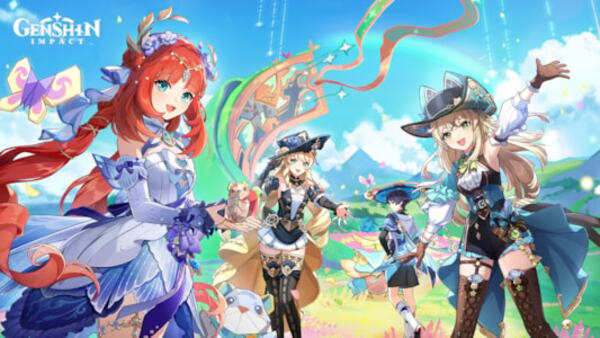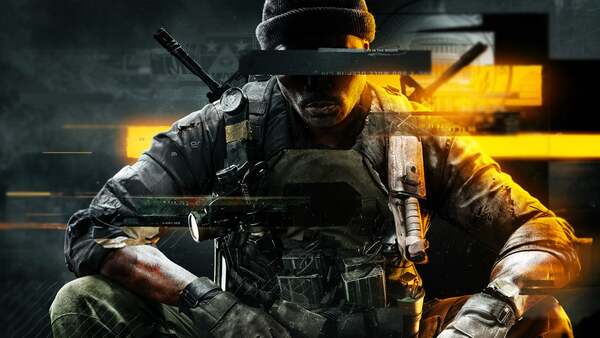Introduction to Split Fiction
Split Fiction is a
narrative-driven action RPG that dives deep into
dual realities, fractured timelines, and multidimensional storytelling. Developed by
Eclipse Theory Studios, this ambitious indie game combines
high-stakes action combat with a
rich, branching story that reflects the consequences of the player’s moral and existential choices.
This review explores its
game mechanics, storytelling, visual design, community reception, and overall impact on the genre.
Overview
In
Split Fiction, players assume the role of
Aryn Vale, a once-ordinary archivist who becomes entangled in a cosmic anomaly that splits reality into two parallel dimensions. As Aryn, players must navigate both realities, interacting with
alternate versions of characters, confronting paradoxes, and making choices that shape the fate of not one, but two worlds.
Gameplay Mechanics
Core Gameplay
- The game alternates between two overlapping realities, with real-time transitions and consequences.
- Combat features a fast-paced action system with magic, melee, and ranged abilities that evolve differently in each timeline.
Timeline Shifts and Dimensional Rifts
- Players can shift between realities during combat and exploration to solve environmental puzzles and gain tactical advantages.
- Certain quests and events only unfold in one reality, requiring careful timeline management.
Moral Choice System
- Split Fiction features a duality alignment system, tracking actions in both realities and influencing character development.
- Decisions lead to different character fates, endings, and unlockable paths.
Story and Characters
Complex Narrative Design
- The game explores themes of identity, consequence, and multiversal collapse.
- The story is delivered through a mix of cinematic cutscenes, environmental storytelling, and character journals.
Key Characters
- Aryn Vale: The protagonist whose choices drive the story’s split paths.
- Nyra: A mysterious guide who exists in both worlds but with different agendas.
- The Architects: Antagonistic forces seeking to preserve one timeline at the cost of the other.
Visual and Artistic Style
Dual-Reality Aesthetic
- Each reality has a distinct visual identity—one grounded in futuristic cyber-noir, the other a ruined mythic fantasy.
- Transitions between realities are visually seamless, enhanced by color shifts, particle effects, and camera distortion.
Character and World Design
- Characters have dual designs, reflecting their altered fates in each timeline.
- The environments are filled with hidden symbols, artifacts, and clues linking the two realities.
Sound and Music
Dynamic Sound Design
- Audio cues shift subtly based on the player’s reality and choices.
- Ambient sounds like whispers, echoes, and timeline reverberations deepen immersion.
Musical Score
- Composed by Lira Morn, the soundtrack blends electronic and orchestral motifs.
- Tracks evolve during gameplay depending on the player's current alignment and location.
Technical Performance
System Requirements (PC)
Minimum Requirements
- OS: Windows 10 (64-bit)
- Processor: Intel Core i5-9600 / AMD Ryzen 5 2600
- Memory: 8GB RAM
- Graphics: NVIDIA GTX 1660 / AMD Radeon RX 580
- Storage: 30GB available space
Recommended Requirements
- OS: Windows 11 (64-bit)
- Processor: Intel Core i7-11700K / AMD Ryzen 7 5800X
- Memory: 16GB RAM
- Graphics: NVIDIA RTX 3060 / AMD RX 6700 XT
- Storage: 30GB SSD available space
Optimization and Bugs
- Split Fiction runs well on most modern systems with smooth framerate and minimal load times.
- Minor bugs at launch (e.g. animation glitches) have been patched quickly with community feedback.
Community and Developer Support
Player Community
- The game has sparked a vibrant fanbase interested in timeline theory, alternate ending guides, and fan fiction.
- An in-game journal system lets players track alternate outcomes, inspiring replayability.
Developer Engagement
- Eclipse Theory Studios maintains active development communication via Twitch, Discord, and Steam forums.
- Post-launch updates include free DLC content, new timelines, and mod support.
Critical Reception
Early Reviews
Split Fiction has garnered critical acclaim for its
bold storytelling and immersive gameplay mechanics.
Review Highlights
- IGN: "A beautifully chaotic RPG that challenges your perceptions of story and choice."
- Polygon: "Split Fiction isn’t just about alternate timelines; it’s about the soul that lives between them."
- Metacritic Score: 89/100
Criticisms
- Complexity Barrier: New players may feel overwhelmed by the shifting mechanics.
- Occasional Pacing Issues: The non-linear format can lead to slow narrative sections.
Conclusion
Split Fiction is a
masterclass in narrative-driven RPG design, blending
parallel storytelling with fast-paced action and deeply philosophical themes. For players who enjoy
story-rich, morally complex games with high replay value, this title is a must-play.
Whether you favor chaos or control, light or shadow,
Split Fiction ensures that
every choice echoes across worlds. Prepare to question reality, embrace duality, and rewrite destiny—in both timelines.






